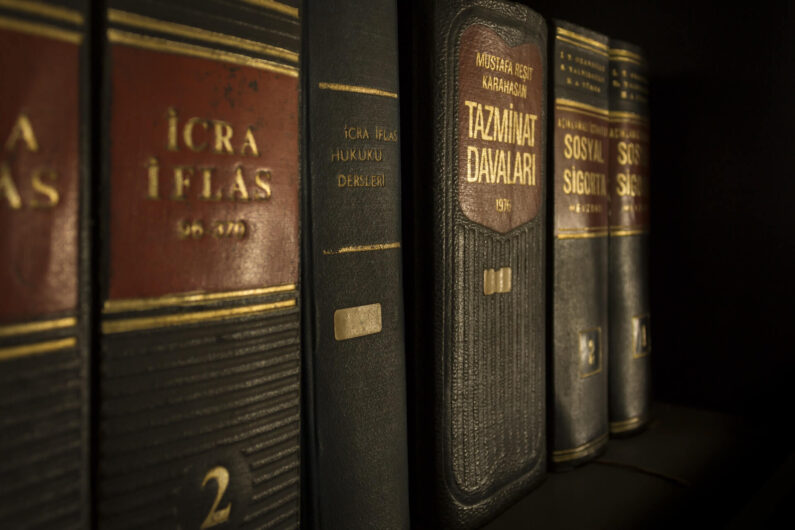Homestead Exemptions in Texas
Because a person’s home is often their most valuable asset, the homestead exemption plays an important role in bankruptcy cases. In bankruptcy proceedings in Texas, the homestead exemption protects your home equity from creditors in a Chapter 7 bankruptcy and helps reduce your payments in a Chapter 13 bankruptcy.
If you have equity in your home, the homestead exemption may allow you to keep your home if you file for a Chapter 7 bankruptcy.
In a Chapter 13 bankruptcy, the homestead exemption may also come into play because it determines how much you must pay to your unsecured creditors. If you have a lot of nonexempt equity in your home, you will end up paying more to your unsecured creditors in a Chapter 13 bankruptcy. The application of the homestead exemption is critical in being able to fund a Chapter 13 plan.
Texas Exemptions in a Bankruptcy Case
Under the Texas exemptions in a bankruptcy case, tax refunds are not exempt. Additionally, cash on hand, money in the bank, and mutual fund accounts are not exempt. Exemptions include both homestead exemptions and personal property exemptions.
In bankruptcy proceedings, the State of Texas allows certain personal property exemptions limited to a fair market value of $100,000 for a family or $50,000 for a single person. The exempt property will not go to the trustee to be liquidated for the benefit of creditors in a bankruptcy.
No dollar limitations apply to a retirement account if the plan qualifies under the provisions of the Internal Revenue Code, then an exemption applies to your interest in an IRA, 401K, pension, profit-sharing, stock bonus, annuity, or similar plan.
The fair market value of the property is determined after deducting the amount of any liens or mortgages on the property. The term “fair market value” is defined to mean the price that a willing buyer would pay a willing seller for the property. Fair market value of a used personal property is usually is much less than the “retail value” or even the “replacement value.”
For items that are not antiques or collectible items, the value paid at a garage sale is generally used to determine what the personal property might be worth. To the extent the property has a mortgage or lien on it, the property is not exempt. For this reason, the only equity in the property is the value claimed as exempt.
Exemptions
Section 42.002 of the Texas Property Code
In addition to the value determination, personal property that is exempt from claims of creditors must fit into categories listed in Section 42.002 of the Texas Property Code. The thirteen (13) main types of exempt property under Section 42.002 include:
Additional Resources
• home furnishings, including family heirlooms;
• provisions for consumption;
• ranching or farming implements or vehicles;
• tools, equipment, books, and apparatus (including boats and motor vehicles) used in a trade or profession;
• apparel to be worn;
• jewelry that does not exceed 25% of the aggregate limitations which is $100,000 for a family or $50,000 for a single person (or jewelry for a family that does not exceed $25,000 or jewelry for a single person that does not exceed $12,500);
• two firearms;
• athletic and sporting equipment, including bicycles;
• household pets;
• a two-wheeled, three-wheeled, or four-wheeled motor vehicle for each member of a family or single adult who holds a driver’s license or who does not hold a driver’s license but who relies on another person to operate the vehicle for the benefit of the nonlicensed person;
• certain types of farm animals; and
• the present value of any life insurance policy to the extent that a member of the family of the insured or a dependent of a single insured adult claiming the exemption is a benefici¬ary of the policy.
• Unpaid commissions for personal services not to exceed 25% of the aggregate limitations ($50,000 / $100,000) are exempt.
Federal Nonbankruptcy Exemptions – If you select your state’s bankruptcy exemptions, you may also use a set of additional exemptions called the federal nonbankruptcy exemptions. These exemptions are in addition to the exemptions available in the Texas system.
Call us at (972) 812-0900 to discuss your case.


Recent Comments